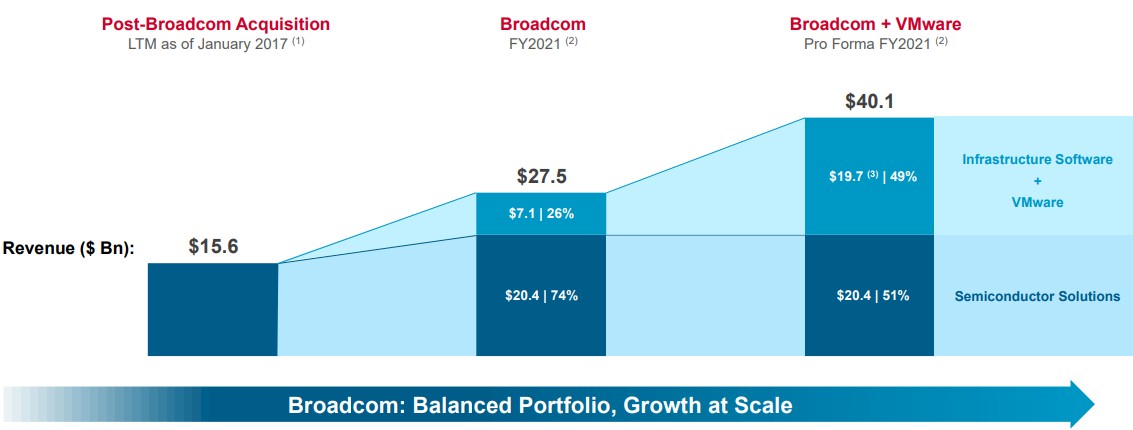South Africa And Tanzania Discuss Lifting Of Agricultural Import Ban

Table of Contents
Reasons for the Initial Agricultural Import Ban
The imposition of the agricultural import ban stemmed from several interconnected factors, primarily revolving around food safety and protectionist policies.
Concerns Regarding Food Safety and Standards
The initial ban was largely triggered by concerns surrounding food safety and adherence to phytosanitary regulations. These regulations, designed to protect against the spread of plant pests and diseases, were not consistently met by both sides.
- Specific Products Affected: The ban impacted a wide range of agricultural products, including fruits (like citrus and mangoes), vegetables, and certain livestock products.
- Unmet Regulations: Key discrepancies involved inconsistent labeling requirements, inadequate pest control measures, and insufficient traceability systems. This meant that verifying the origin and safety of imported goods proved challenging.
- International Standards: The Codex Alimentarius, a collection of internationally recognized food standards, codes of practice, guidelines and recommendations, plays a crucial role in resolving such disputes. Meeting these standards is crucial for facilitating international trade.
Protectionist Measures and Domestic Agricultural Industries
Beyond safety concerns, the ban also reflects protectionist measures aimed at supporting Tanzania's domestic agricultural industry. The Tanzanian government sought to shield local farmers and producers from potentially overwhelming competition from South Africa's more established and larger-scale agricultural sector.
- Supporting Local Agriculture: The ban was seen as a way to protect local jobs and encourage the growth of Tanzanian agriculture. This is a common tactic employed by developing nations to nurture their domestic industries.
- Economic Implications of Protectionism: While protectionism can offer short-term benefits to local producers, it can also lead to higher prices for consumers and limit access to a wider variety of agricultural products. Furthermore, it can negatively affect overall economic growth by hindering trade and innovation.
Current Discussions to Lift the Agricultural Import Ban
Positive developments are underway, with both South Africa and Tanzania actively engaged in bilateral negotiations to lift the agricultural import ban.
Bilateral Trade Negotiations
High-level government officials from both countries are involved in these negotiations. Several meetings have taken place, with significant progress made in addressing outstanding concerns.
- Key Negotiation Dates: While specific dates are often kept confidential during negotiations, it’s known that multiple rounds of discussions have occurred in recent months.
- Agreements and Concessions: While no formal agreement has been publicly announced yet, there are reports of both sides making concessions to find common ground. This includes compromises on inspection protocols and standards.
Proposed Solutions and Compromise Measures
Potential solutions being explored involve strengthening collaboration and transparency in food safety and phytosanitary measures.
- Joint Inspections & Technical Assistance: Joint inspections and technical assistance programs to improve agricultural practices in both countries are being considered.
- Capacity Building Initiatives: Capacity building programs could help Tanzania meet international standards and improve its food safety infrastructure.
- WTO Involvement: The World Trade Organization (WTO) could play a crucial role in facilitating the lifting of the ban by offering expertise and guidance on resolving trade disputes.
Potential Economic Impacts of Lifting the Agricultural Import Ban
Lifting the ban holds significant economic potential for both South Africa and Tanzania.
Benefits for South Africa
For South Africa, increased access to the Tanzanian market will stimulate economic growth within its agricultural sector.
- Increased Export Opportunities: South African farmers will gain access to a large and growing market, boosting their export revenues.
- Economic Growth: This increased trade is projected to contribute significantly to South Africa's GDP growth and create jobs within the agricultural sector. Specific figures are hard to quantify precisely at this stage, but significant gains are anticipated.
- Beneficial Agricultural Products: Products such as citrus fruits, wine, and processed foods stand to benefit substantially.
Benefits for Tanzania
Tanzania also stands to gain considerably from the lifting of the ban.
- Increased Food Security: Access to a wider variety of affordable agricultural products will improve food security for Tanzanians.
- Economic Growth and Development: The availability of diverse and competitively-priced agricultural inputs can help drive economic growth in other sectors, such as food processing and manufacturing.
- Technology Transfer: The collaboration inherent in lifting the ban could lead to technology transfer and knowledge sharing between South African and Tanzanian agricultural experts, benefiting Tanzanian farming practices.
Conclusion
The ongoing discussions between South Africa and Tanzania regarding the lifting of the agricultural import ban represent a crucial moment for both nations. Addressing concerns about food safety and phytosanitary regulations, while acknowledging the need to support domestic agriculture, is essential for a successful outcome. The potential economic benefits of increased trade are substantial, promising growth and improved living standards for both countries. The successful resolution of this issue will require continued collaboration, adherence to international standards, and a commitment to fostering mutually beneficial trade relationships. Let’s continue to follow the progress on this critical issue and its impact on the "agricultural import ban" and its effects on the trade between South Africa and Tanzania. The future of agricultural trade between these two important African nations hinges on finding solutions that benefit both sides.

Featured Posts
-
 February 16 2025 Open Thread Share Your Perspectives
Apr 27, 2025
February 16 2025 Open Thread Share Your Perspectives
Apr 27, 2025 -
 Anti Vaccine Advocate Review Of Autism Vaccine Link Sparks Outrage Nbc Connecticut Sources
Apr 27, 2025
Anti Vaccine Advocate Review Of Autism Vaccine Link Sparks Outrage Nbc Connecticut Sources
Apr 27, 2025 -
 Bill Ackmans Analysis Who Wins The Us China Trade War
Apr 27, 2025
Bill Ackmans Analysis Who Wins The Us China Trade War
Apr 27, 2025 -
 Ariana Grandes Bold Transformation A Look At The Professional Stylists
Apr 27, 2025
Ariana Grandes Bold Transformation A Look At The Professional Stylists
Apr 27, 2025 -
 2025 Nfl Season Justin Herbert And The Chargers Play In Brazil
Apr 27, 2025
2025 Nfl Season Justin Herbert And The Chargers Play In Brazil
Apr 27, 2025
Latest Posts
-
 Proposed Starbucks Raise Rejected By Union
Apr 28, 2025
Proposed Starbucks Raise Rejected By Union
Apr 28, 2025 -
 Starbucks Unions Rejection Of Companys Wage Guarantee
Apr 28, 2025
Starbucks Unions Rejection Of Companys Wage Guarantee
Apr 28, 2025 -
 Unionized Starbucks Employees Turn Down Companys Pay Raise Proposal
Apr 28, 2025
Unionized Starbucks Employees Turn Down Companys Pay Raise Proposal
Apr 28, 2025 -
 Pace Of Rent Increases Slows In Metro Vancouver Housing Costs Still High
Apr 28, 2025
Pace Of Rent Increases Slows In Metro Vancouver Housing Costs Still High
Apr 28, 2025 -
 The V Mware Price Shock At And T Highlights A 1 050 Increase From Broadcom
Apr 28, 2025
The V Mware Price Shock At And T Highlights A 1 050 Increase From Broadcom
Apr 28, 2025
